In this article, Kehinde Seun-Addie and E. Nwokocha examine the association between knowledge and acceptability of the Roll Back Malaria (RBM) programme on maternal health in Ibadan, Nigeria. The authors conducted a survey of 407 pregnant women attending antenatal clinics at Primary Health Centres (PHCs) in six selected Local Government Areas (LGAs) in Ibadan. The focus was on areas with high prevalence of malaria-implicated maternal mortality to assess the impact of RBM interventions on maternal health.
Key Findings
- The authors reviewed a significant volume of literature related to the Roll Back Malaria programme and its impact on maternal health.
- The study focused on the impacts of RBM interventions, strategies for mitigation, and adaptation approaches to improve maternal health outcomes.
- Common themes included the role of knowledge and acceptability in influencing the effectiveness of RBM programmes, as well as the importance of increasing awareness among pregnant women.
- Other insights highlighted the need for tailored interventions Research Gaps:
- Limited research focuses on the specific link between knowledge of RBM activities, acceptability of the programme, and maternal health outcomes.
- Insufficient exploration of the long-term sustainability of RBM interventions and their impact on reducing malaria-related maternal mortality.
Interpretation and Implications:
The findings of the study underscore the significance of increasing knowledge and acceptability of the Roll Back Malaria programme among pregnant women in Ibadan to improve maternal health outcomes. The study suggests the need for more research focusing on the effectiveness of RBM interventions, particularly in areas with high malaria prevalence. It is essential to address gaps in research by exploring the long-term impact and sustainability of RBM programmes in reducing maternal mortality associated with malaria. Further research should prioritize strategies to increase awareness and acceptability of RBM interventions, ultimately leading to improved maternal health in Nigeria.
Disclaimer: This content was generated by artificial intelligence on Fri, 03 May 2024 17:04:12 UTC. While every effort is made to ensure accuracy, there may be occasional errors or omissions.

